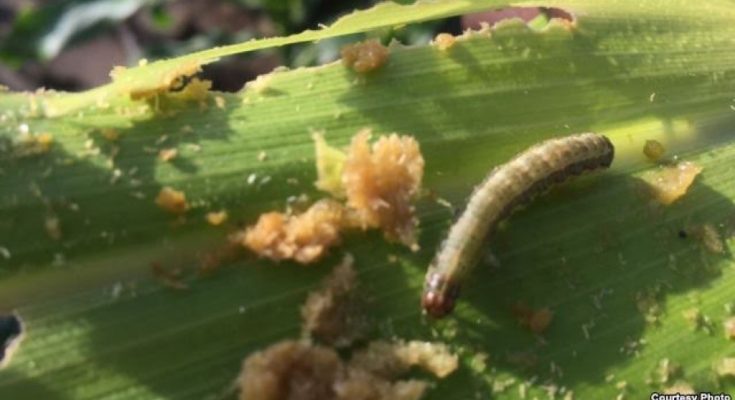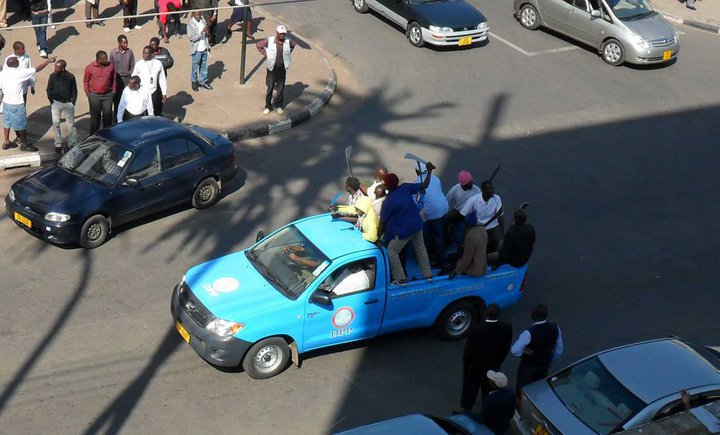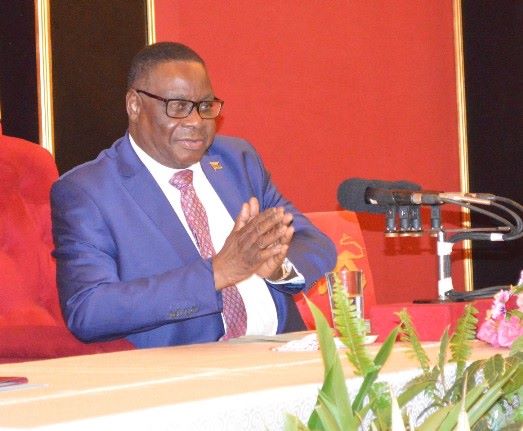Despite this year favourable conditions for growing maize in the country, Army worms have attacked the maize crop almost in all regions.
“We have observed that the worms have now attacked the whole country,” Ministry of Agriculture, Irrigation and Water Development’s Principal Secretary, Erica Maganga, confirmed in an interview yesterday.
She, however, downplayed the scale of the attacks saying her ministry is on top of things as far as it is concerned.
“I wrote all the agriculture development divisions, asking them to start applying pesticides in the affected fields.
“Farmers should not worry because we are going to support them. However, if they see us delaying, then let them buy the pesticides from elsewhere,” Maganga said.
She, however, could not explain the extent of the damage in other regions except for Blantyre where it is on record that over 2000 hectares have been attacked.
However, our findings in the Northern Region show that the armyworms have attacked maize in some parts of Mzimba and Rumphi districts including some fields in Mzuzu City.
The armyworms were first detected in Balaka, Mangochi, Blantyre, Mulanje, Chiradzulu Phalombe, Nsanje and Chikhwawa in the Southern Region and later Kasungu in the Central Region.
One of the farmers from Nsonda in Mzimba North, Martha Chiumia, said the situation is bad and that there is need for immediate help.
“I started observing this problem after we saw our crops attacked during winter cropping in my field. We reported the matter to Mzuzu Agricultural Development Division but they said it was because of poor rains. To our surprise, however, we are now receiving heavy rains but there is no change. Our crops continue being destroyed,” Chiumia complained.
Another farmer in Rumphi, Sabina Gondwe, said his two hectares were attacked last month but there was no response from agriculture extension workers in the area when the problem was reported.
Mzadd Programmes Manager, Aggrey Kamanga, said they started applying pesticides in the affected areas, particularly at Khonsolo in Mzimba and some parts in Rumphi.
Kamanga too could not explain the extent of the problem in the region.




